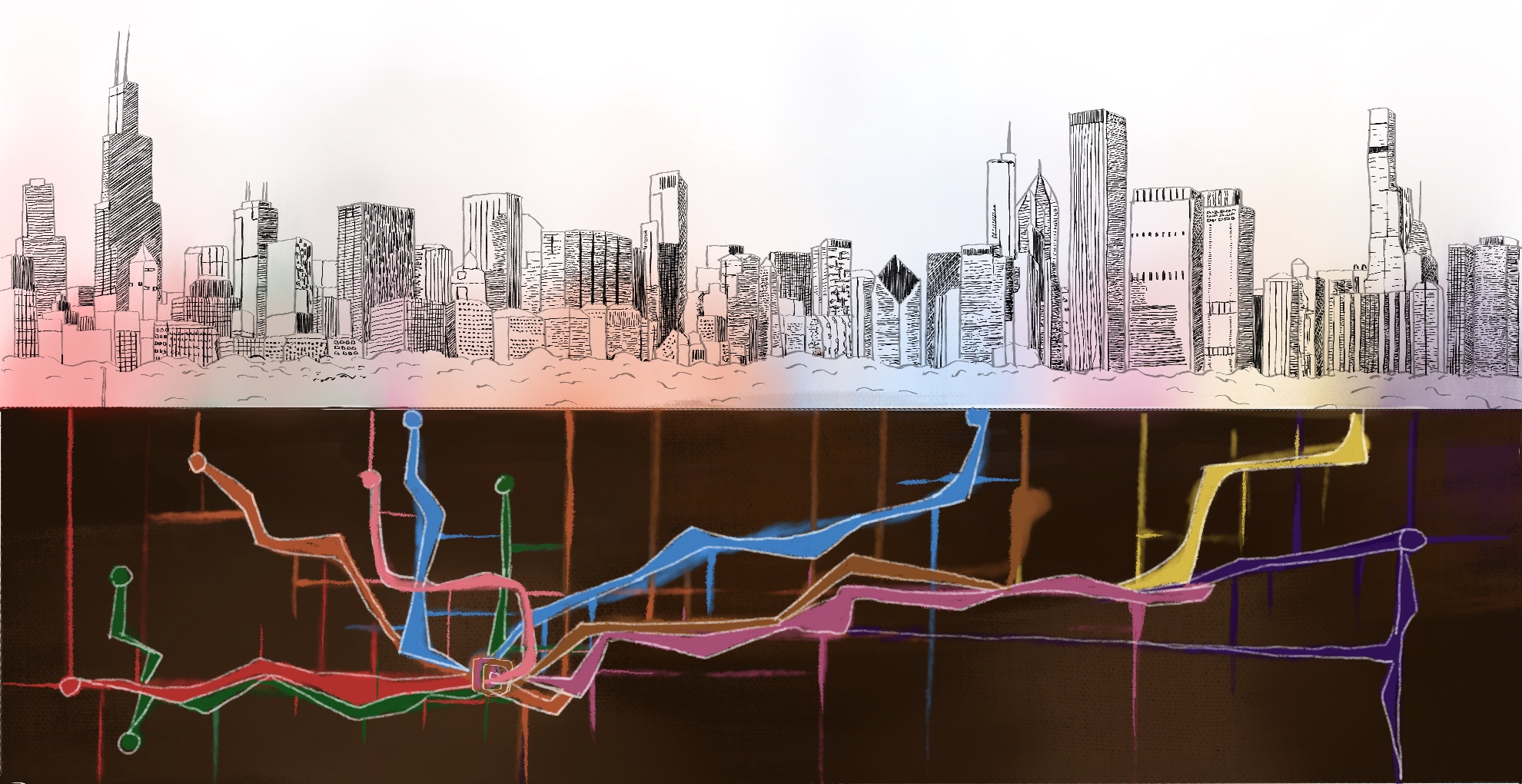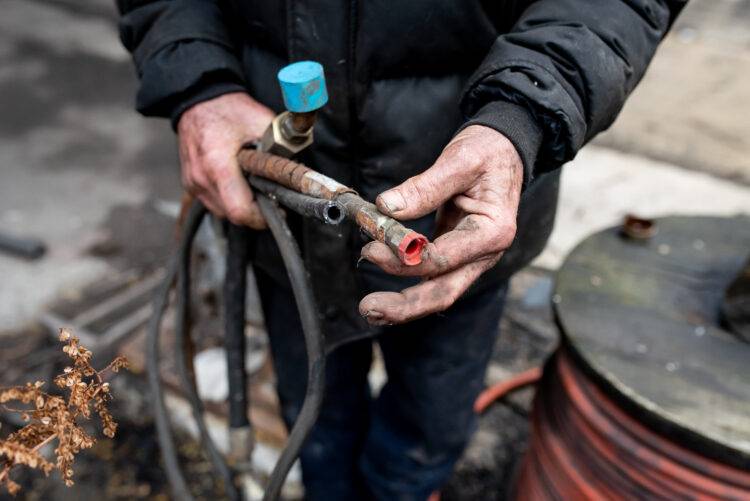
The fate of the discarded is the obsession of Ken Dunn, owner and operator of the Resource Center, a warehouse on Chicago’s South Side that is a labyrinth of semitrailers and towering pallets. Contained within are uncontested materials salvaged on the premise of discovering value in the rejects, the surplus, and the waste. Items from the Resource Center are present in works of many Chicago-based artists, including Dan Peterman and Theaster Gates, both of whom have purchased materials from the Resource Center (in case you ever wondered where Gates gets his firehoses).
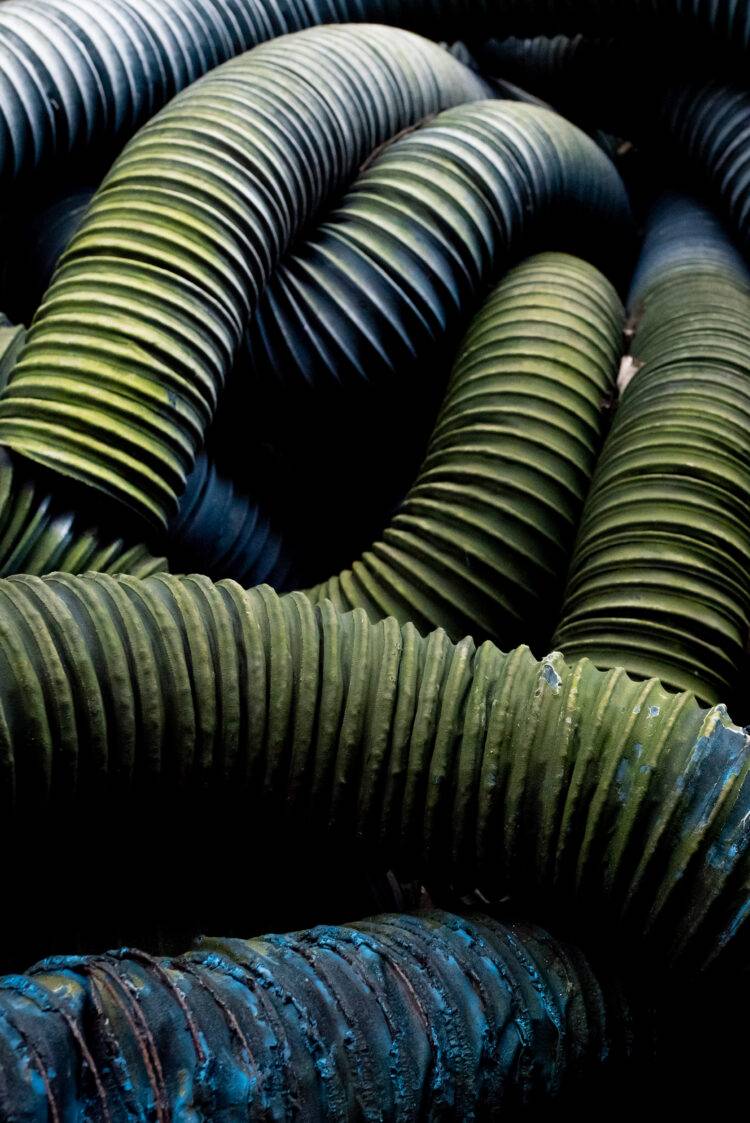
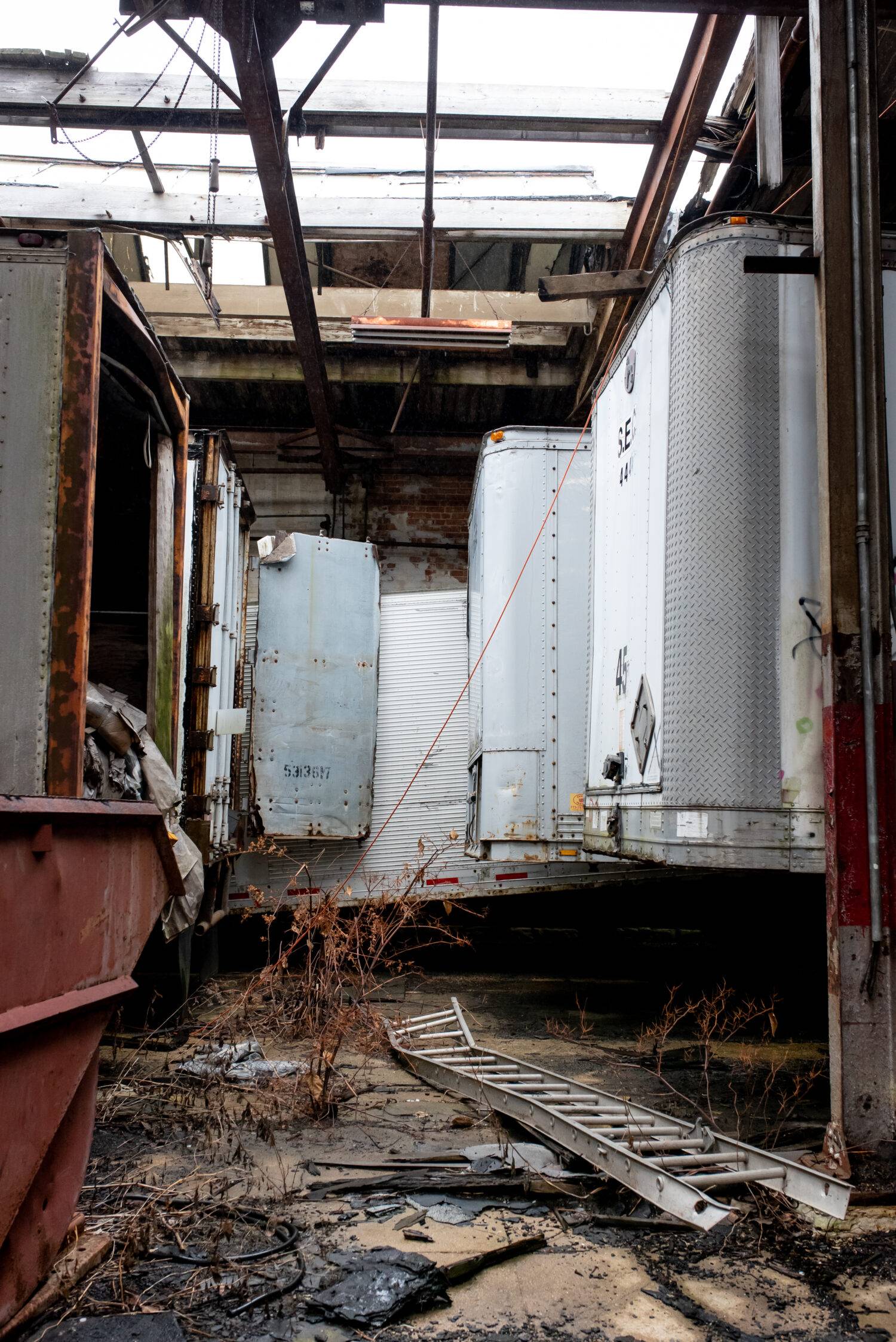
Dunn’s work emanates from what he describes as a formative experience with climate collapse during his childhood. When he was 3 years old, Dunn’s family purchased land in Kansas in a part of the plains where the once-fertile soil had turned to sand as a result of short-sighted farming practices, which ultimately led to the Dust Bowl disaster of the 1930s. A grassroots campaign to reintroduce organic matter back into the soil was an ongoing struggle, and given the enduring legacy of the Great Depression, required extreme resourcefulness and ingenuity. Dunn described this process as “trash farming.” Farmers basically scavenged anything organic and tilled it into the topsoil.
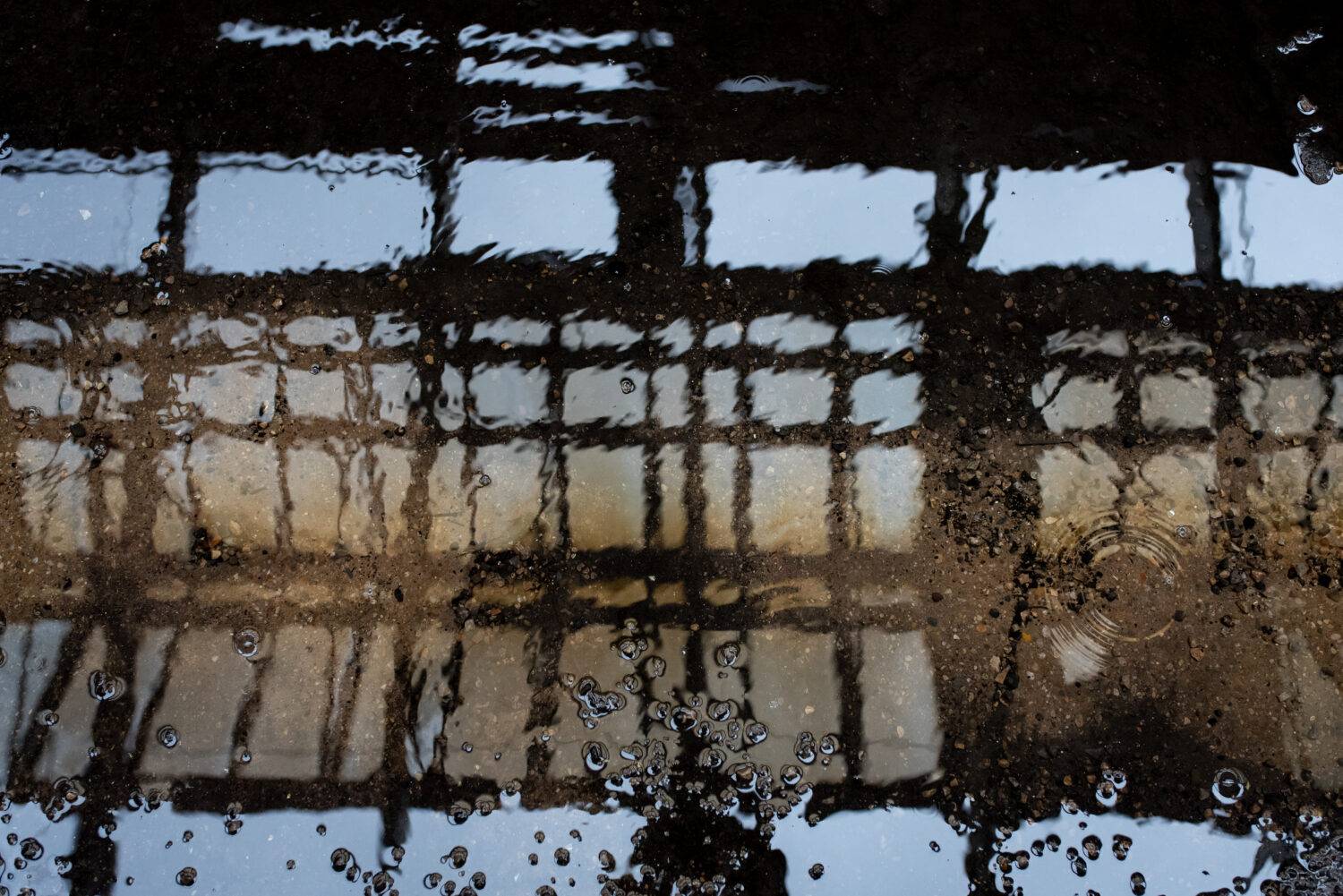
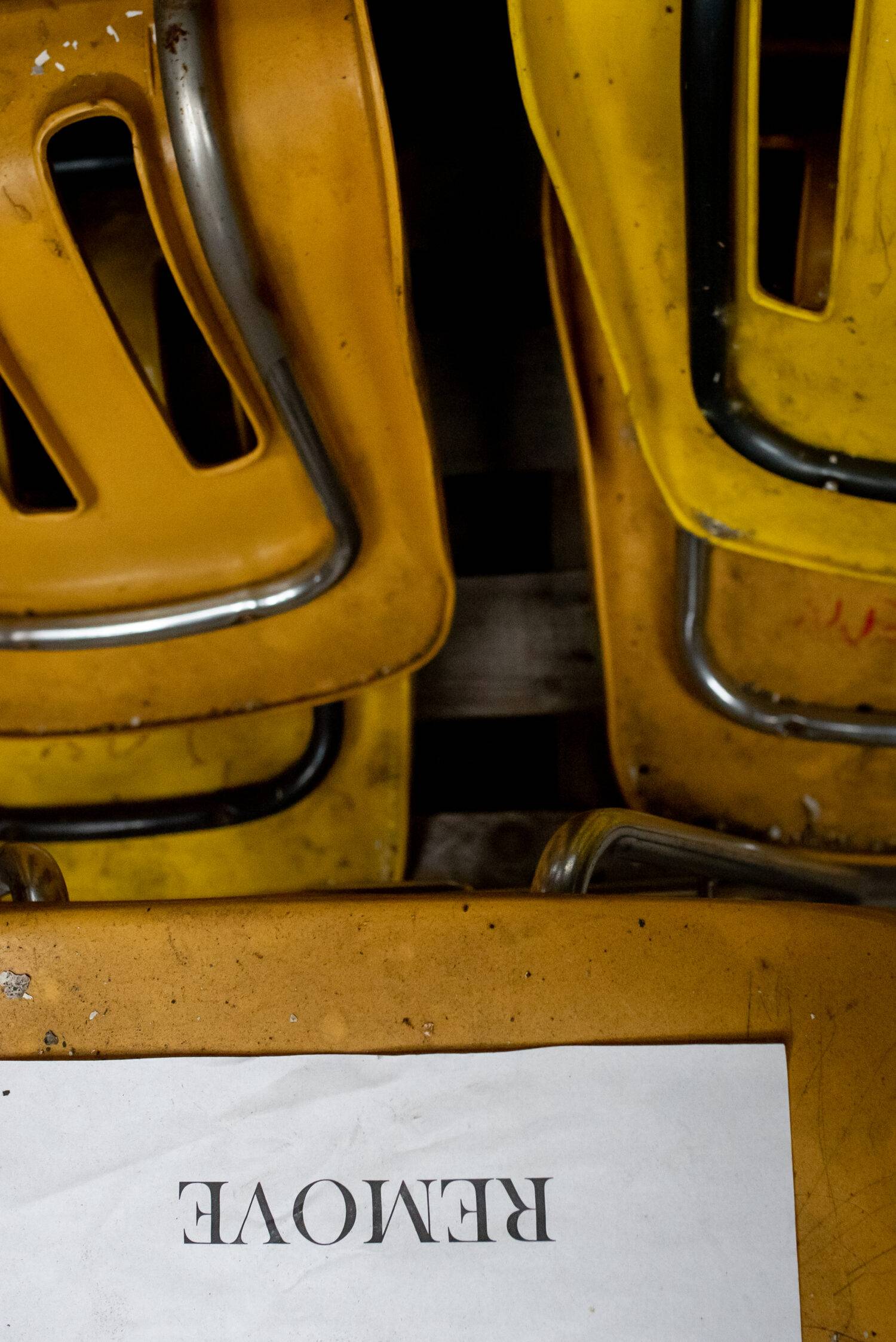
Dunn has since devoted his life to understanding and cultivating sustainable societies, a practice that initially took shape at the University of Chicago. Upon completion of a graduate degree from the Ideas and Methods Department, Dunn began teaching within the university’s Human Being and Citizen Program. Though Dunn believed in the essence of the department, he lamented the university’s tendency toward isolationism, especially with regard to its neighbors to the south. He has refocused his energies within BIPOC disadvantaged communities, accumulating and redistributing what he calls “unchallenged resources” as a strategy for social progress.
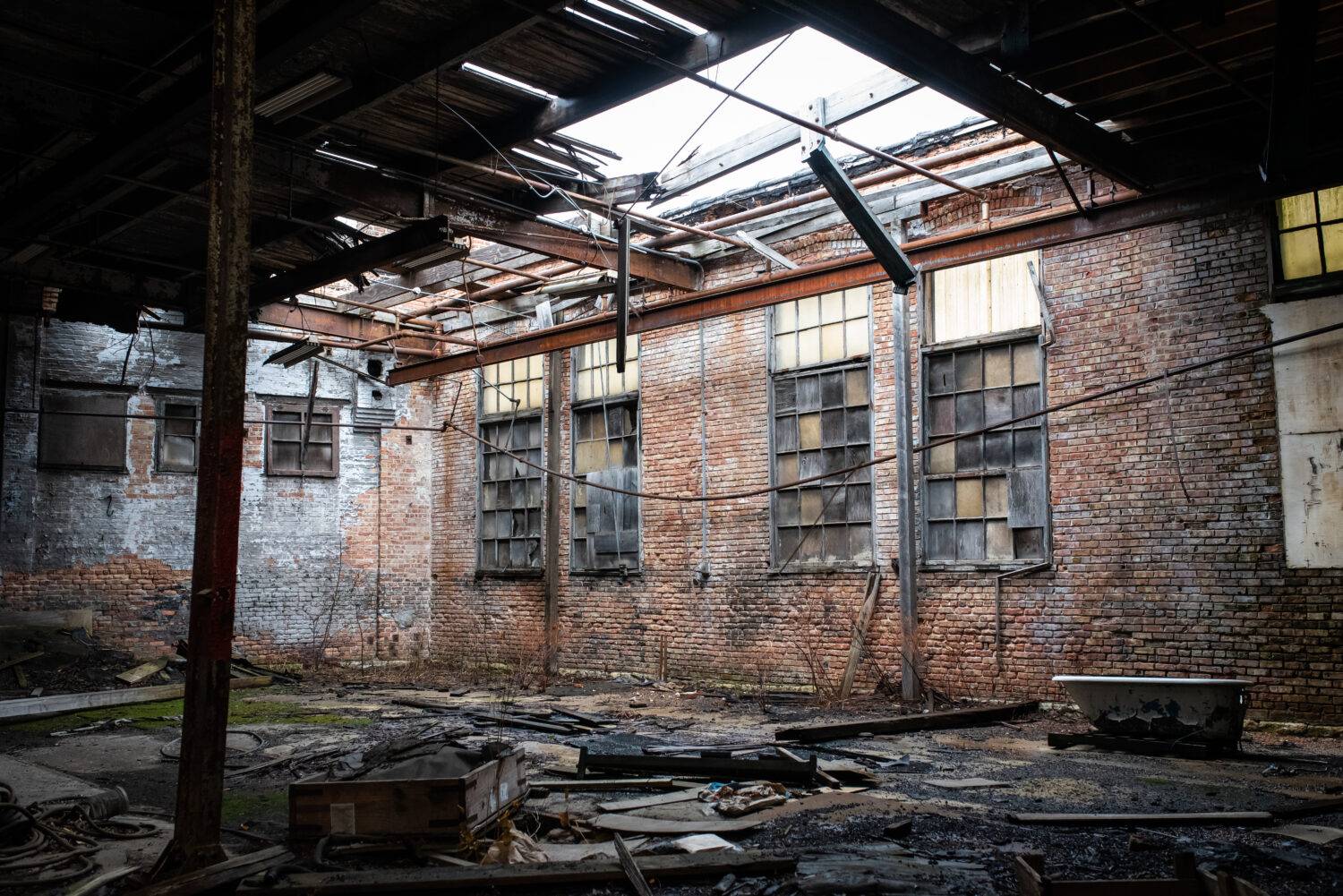
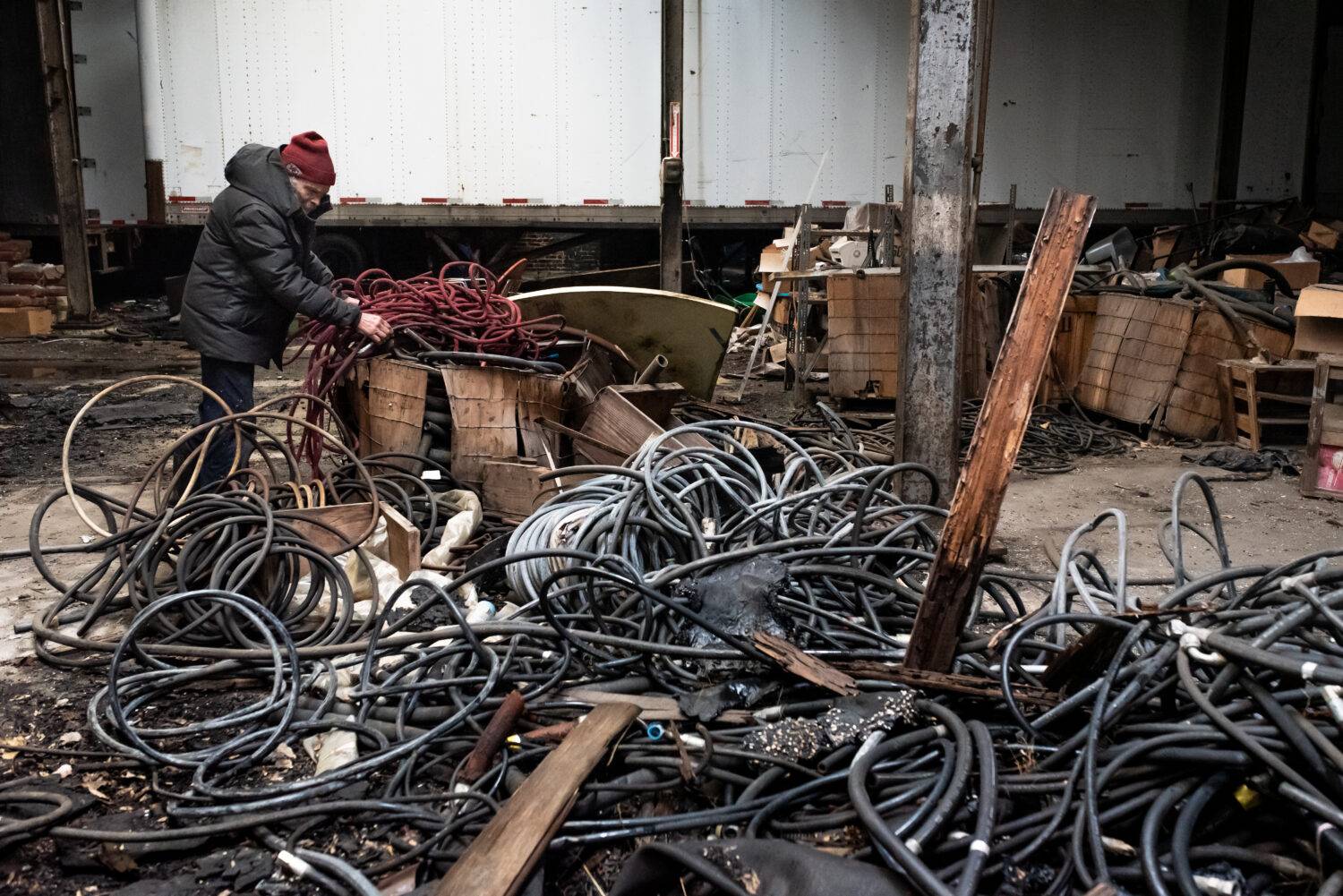
Dunn’s activism, though focused, spills over into many arenas. He’s currently developing a program called the Sustainable Nutrition Institute, which strives to intercept and redistribute the 600 tons of food items arriving daily in Chicago that do not meet industry freshness standards, yet are still consumable. Dunn believes nutrition and community are intimately intertwined and represent the key to a sustainable future. “Let’s not all just sit back and wait for the politicians and industries to start it, because they’ll mess it up,” Dunn told me. “Every student now should be preparing to avert this crisis. Every discipline is needed.” We can only assume artists are included.
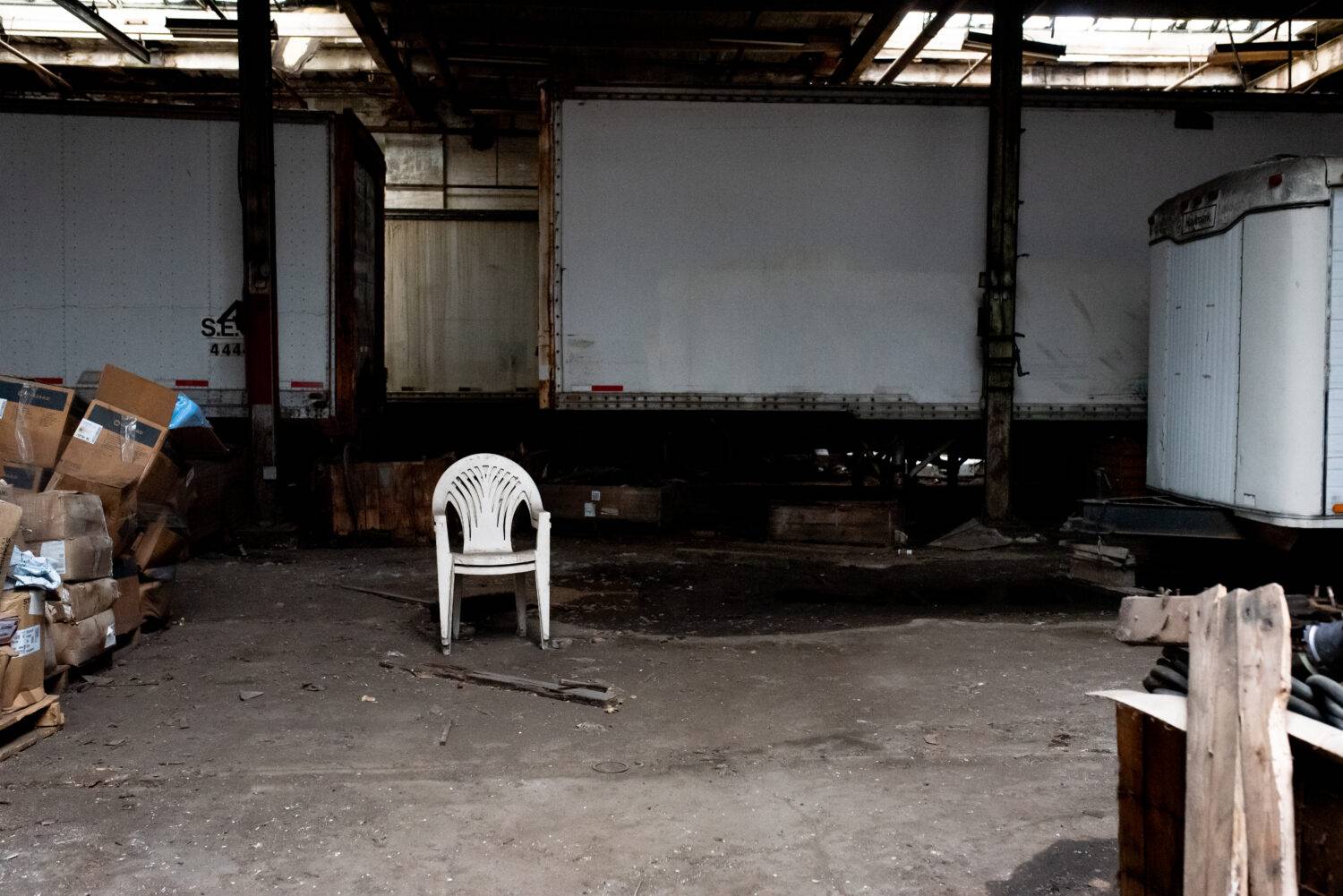
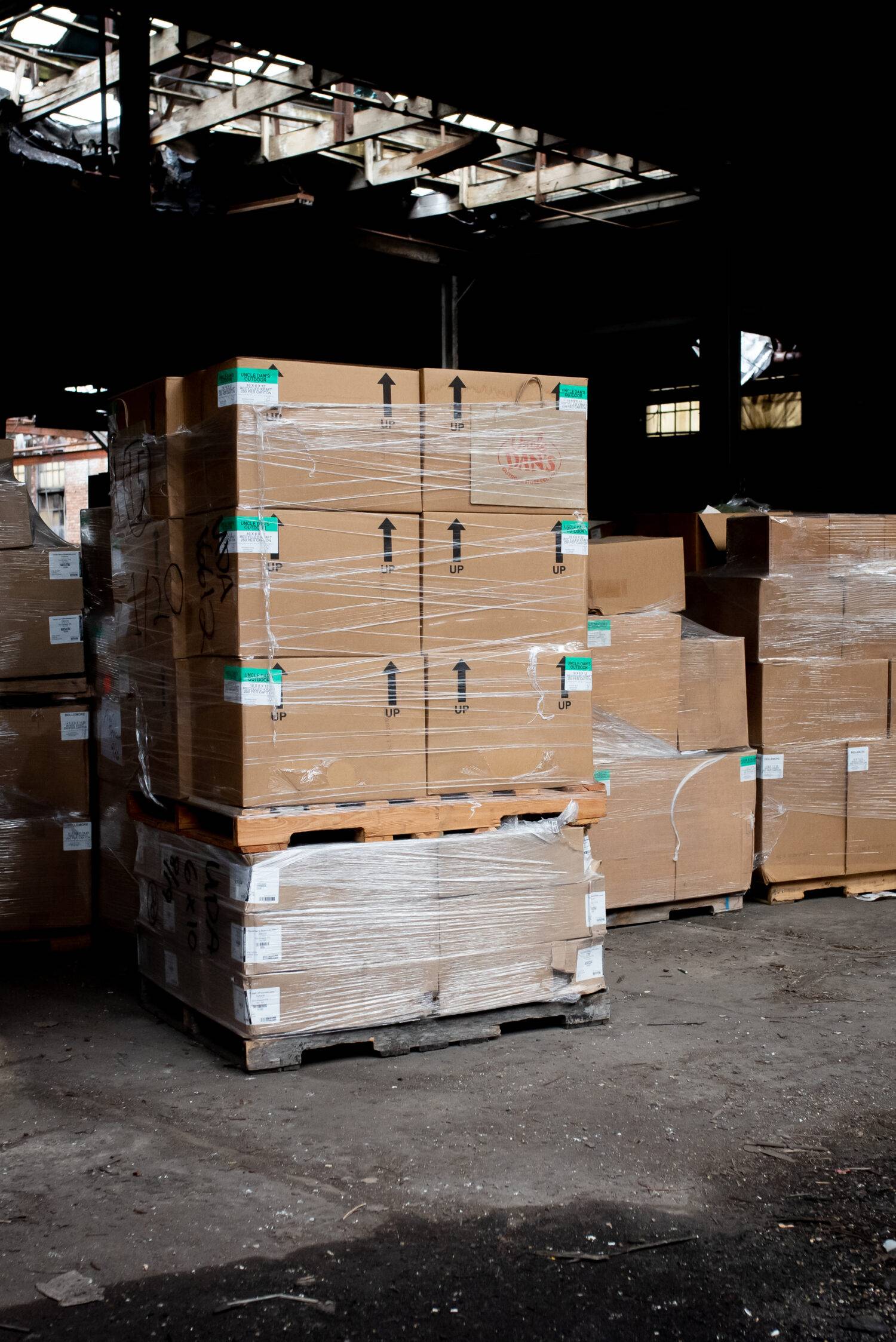
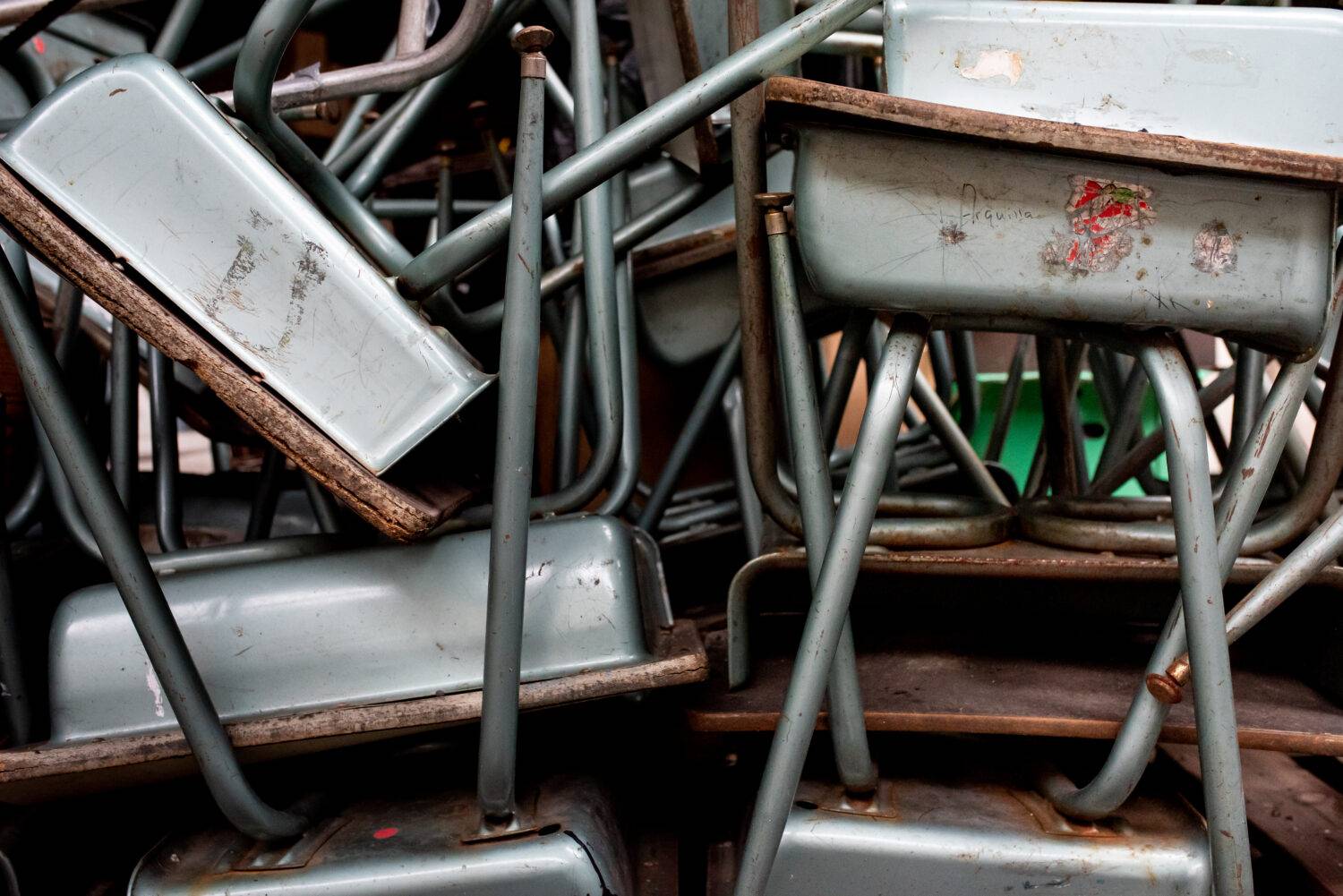
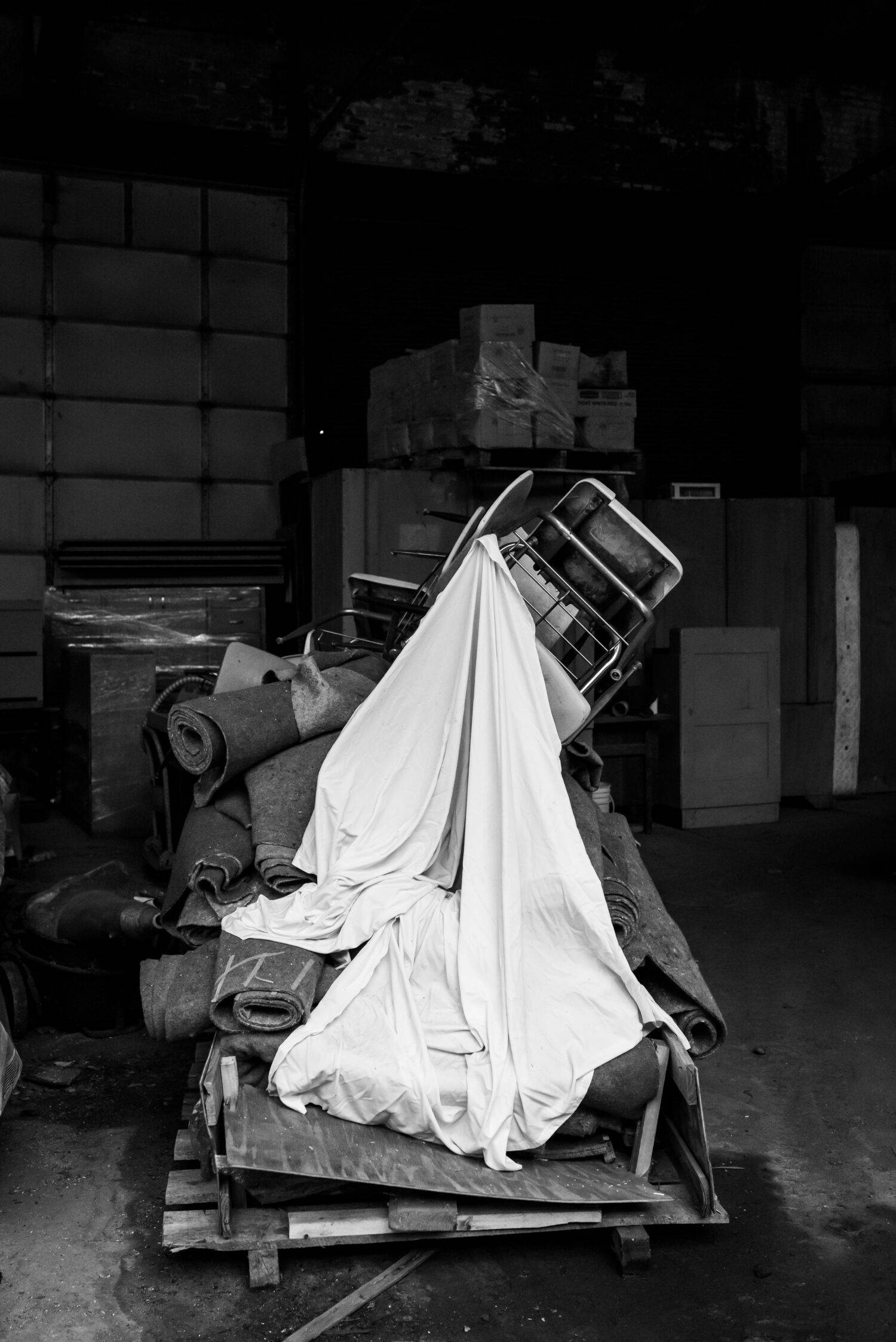
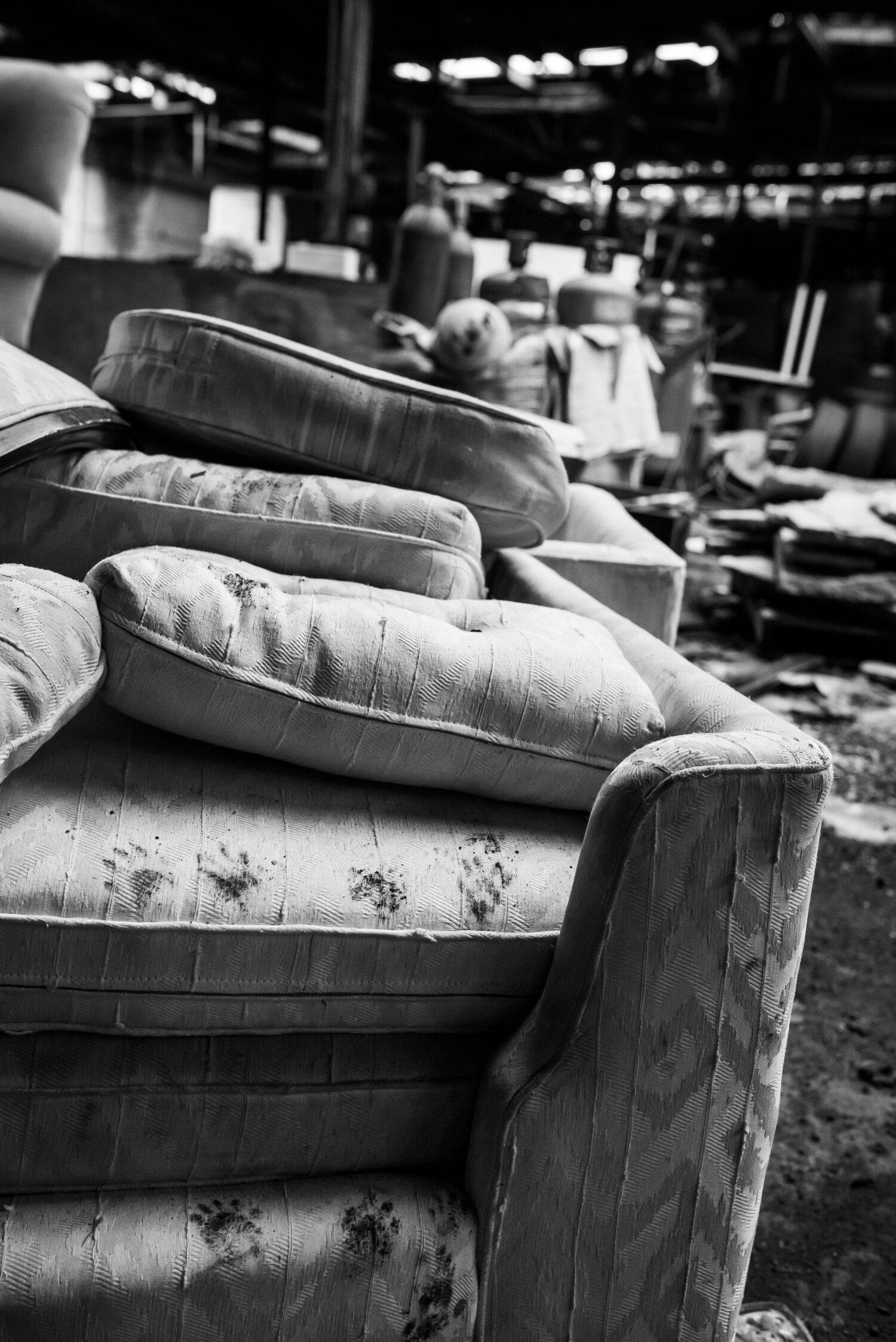
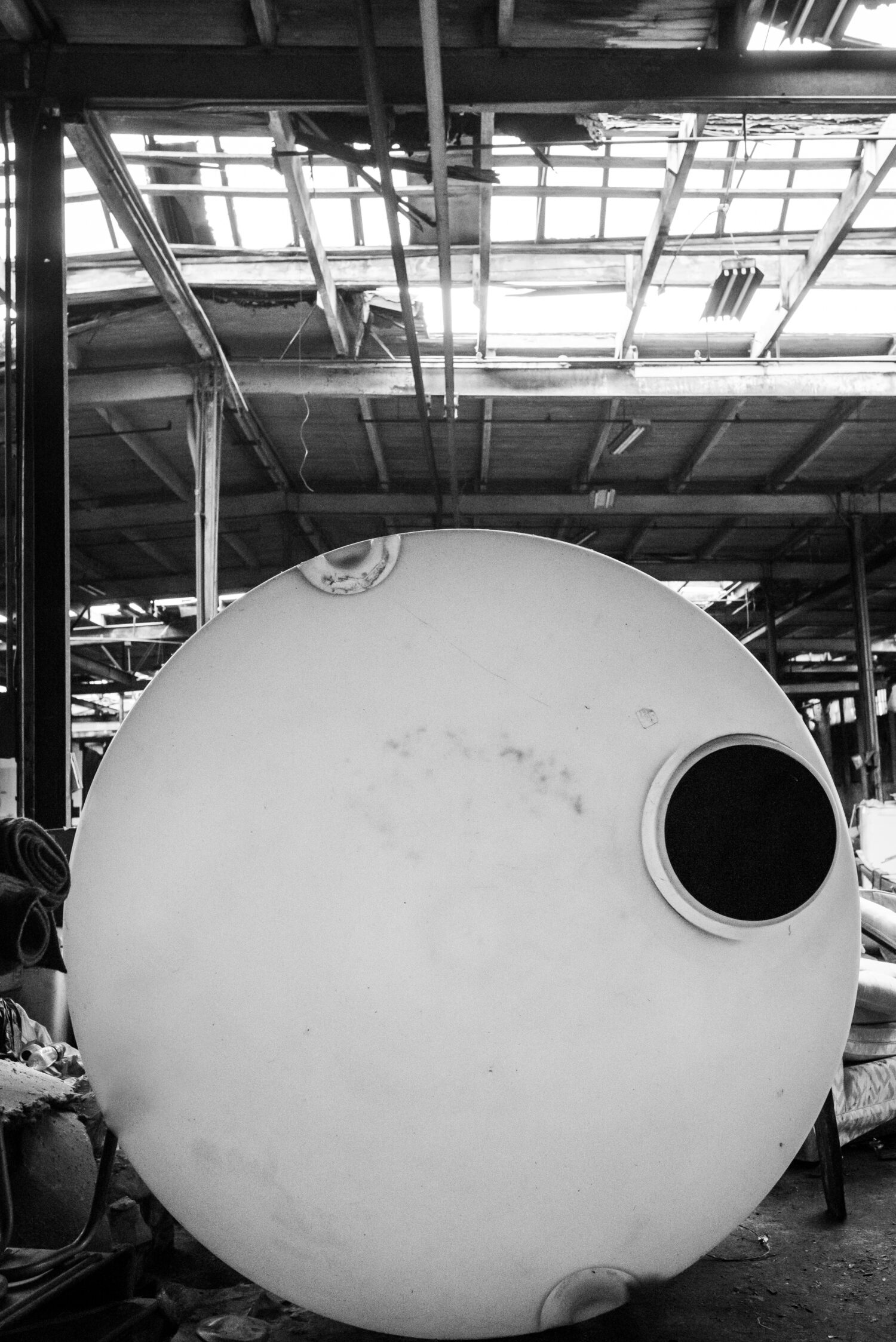
Lillian Heredia (BFA 2024) is only sure about being unsure.




